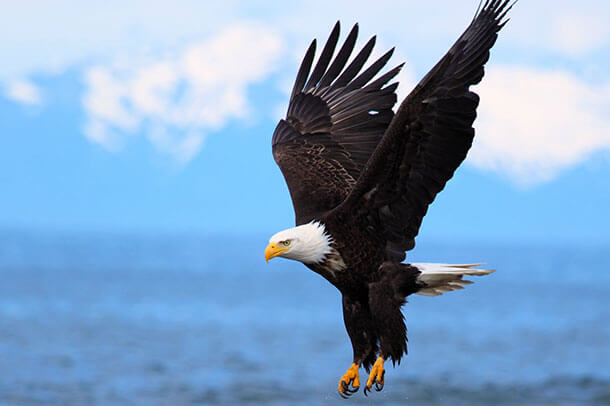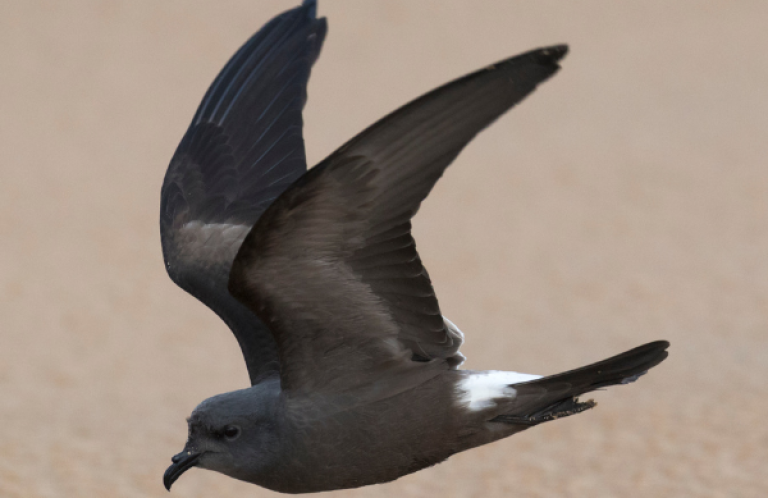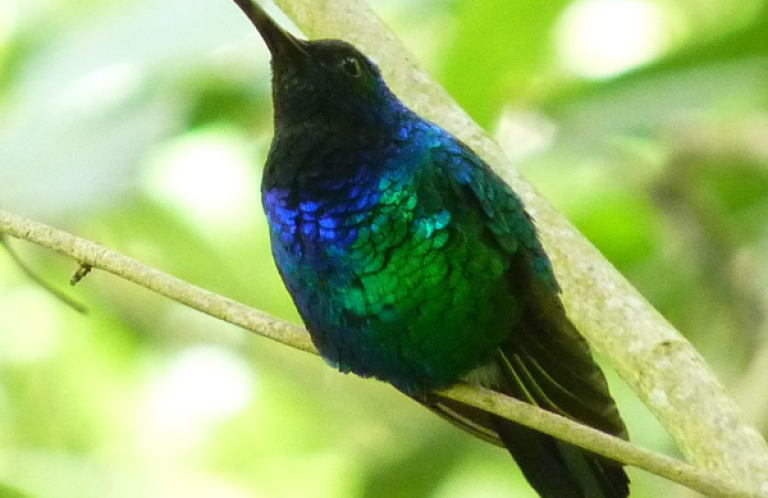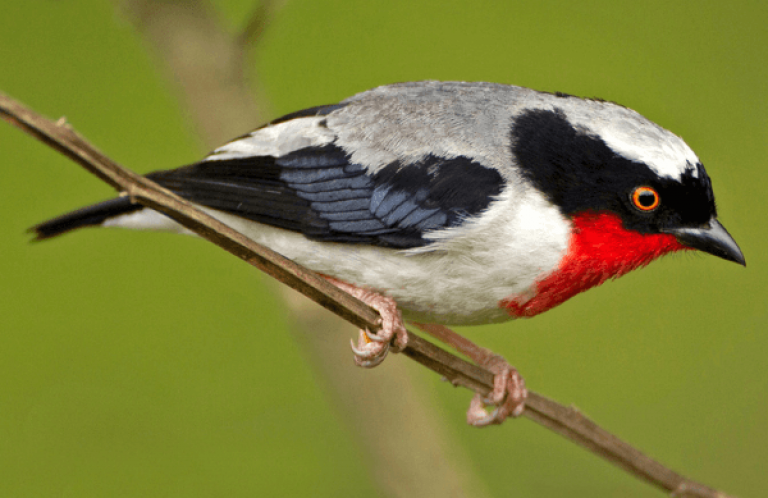ABC Comment on FWS' Final Eagle Rule Programmatic Environmental Impact Statement
Contact: Michael Hutchins, Director of ABC's Bird-Smart Wind Energy Program, 202-888-7485

Eagles at risk: “We still have significant concerns over the revised version [of FWS's Eagle Rule]. These need to be addressed if eagle populations are to be sustained.” Photo by Manamana/Shutterstock
“We are pleased that FWS is going through the National Environmental Policy Act (NEPA) process, something that, in violation of U.S. law, was not done adequately in the first iteration of this rule,” said Dr. Michael Hutchins, Director of ABC's Bird-Smart Wind Energy Campaign. “We still have significant concerns over the revised version. These need to be addressed if eagle populations are to be sustained.”
As Greenwire noted, FWS's PEIS analysis "clears the way to allow energy companies and others to obtain 30-year permits to kill, harm or disturb protected bald and golden eagles." ABC identified serious problems with the initial version of the Eagle Rule, which allowed FWS to issue 30-year eagle “take” permits to wind energy developers. In 2015, ABC won a court battle to require FWS to follow the process laid out by the National Environmental Policy Act (NEPA), including the preparation of an Environmental Impact Statement and consultation with Native American tribes, for whom eagles are sacred. As a result of the lawsuit, a federal judge overturned the 30-year rule, agreeing with ABC that it violated NEPA, one of our most important environmental laws.
After the court ruling, FWS set out to revise its eagle-management plan. In June 2016, ABC submitted detailed comments on the proposed revisions. At that time, we expressed concerns about several critical issues concerning FWS, including:
- The Service's willingness to allow Golden Eagle take when its own data suggest a declining population, especially take in the potentially distinct Eastern Golden Eagle population that now only consists of a few hundred individuals,
- Disregard of a federal judge's comments on the importance of public involvement in and transparency about the Eagle Rule's provision for “internal” 5-year reviews of 30-year permits, which would likely be a violation of NEPA,
- Allowing wind companies' paid contractors to assess risks to wildlife, record fatalities, and self-report violations of our wildlife protection laws—a direct conflict of interest,
- Permitting wind energy companies to collect and hide bird fatality data from the public, treating that data as "trade secrets,"
- Lack of any supporting evidence that wind energy companies will comply with FWS's voluntary guidelines under a 30-year rule when they have failed to do so with 5-year permits,
- The statement by FWS in the revised rule that it "lacks the authority" to prohibit wind energy development in areas important to eagles, and that it cannot require developers to apply for eagle take permits. ABC disputes this assertion. For instance, if FWS recommends that a project not be built in a particular site and the developer builds anyway, FWS could conduct surprise inspections to look for dead birds and bats and enforce our existing wildlife laws, imposing fines and even shutting the facility down over violations,
- Lack of a requirement for incidental take permits when protected species are present, as should be required under the Bald and Golden Eagle Protection Act (BGEPA), and
- Failure to consider the option of heightened enforcement of our existing wildlife protection laws, including the Migratory Bird Treaty Act (MBTA), the Endangered Species Act (ESA), and the BGEPA.
ABC will be reading and carefully analyzing the final rule and hopes to see that these key concerns have been addressed. If not, we will take appropriate steps to protect America's eagles.
###
American Bird Conservancy is the Western Hemisphere's bird conservation specialist—the only organization with a single and steadfast commitment to achieving conservation results for native birds and their habitats throughout the Americas. With a focus on efficiency and working in partnership, we take on the toughest problems facing birds today, innovating and building on sound science to halt extinctions, protect habitats, eliminate threats, and build capacity for bird conservation.


















































